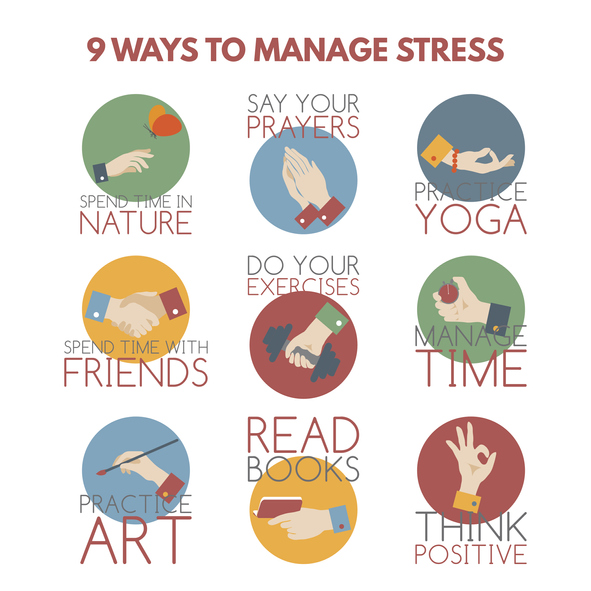Effective Sober Coping Strategies in Recovery
Coping with stressful circumstances is a psychological and emotional skill. If you are in addiction recovery, you’re aware that using substances was your way of coping with environmental, emotional, physical, and psychological challenges. Now that you are sober, learning how to manage change in a healthy way requires practice and commitment. Substance-free coping skills rely on emotional regulation and a positive sense of self.
Change is Often Good—So Why Is It So Stressful?
Change might feel stressful because it triggers an adjustment or an adaptation in you, your loved ones, or the routines everyone has gotten used to. The nature of change can be volatile, often sparking feelings of losing control. It’s important to remember that there is no shame in feeling scared of or stressed by change. Even seemingly positive changes like marriage, the birth of a child, or a new promotion can be perceived as stressful.
Additionally, when life changes call upon your most effective coping mechanisms, you’re required to pour out much higher levels of emotional energy and intelligence than in stable life periods where a familiar routine provides comfort and structure. The loss of helpful patterns could be the reason why millions of people resort to drinking in order to cope with stress. If you’re struggling to cope, you’re not alone.
What is Stress and How Does it Manifest?
The World Health Organization (WHO) defines stress as a state of mental preoccupation or tension that results from challenging situations. Everyone is exposed to stress, and our responses to it make a considerable difference in our general mood and well-being.
Stress manifests in several ways. When first learning to identify stress triggers, you can monitor yourself for the following signs of mental tension:
- Headaches, migraines, or an upset stomach
- Difficulty concentrating or finding the joy in things you typically love
- Sleeping issues or insomnia
- Feelings of anxiety or depression
- Weakened appetite or uncharacteristic overeating
- Considerable weight loss or weight gain
When you start to see these stress symptoms manifest, you’ll know that it’s time to call on healthy, sober coping skills to get through.
Effective Sober Coping Strategies in Recovery
It’s not just those in recovery who must practice coping skills; everyone faces stress, and many people use different means of escape as a way to cope. Instead of escaping through substances, people may escape through playing video games, shopping, exercising, eating, etc. Brief periods of escape from day-to-day reality can be healthy when they are kept in perspective and when they result in you feeling energized instead of guilty or drained. For example, Dr. Gerard Martin, an emergency medicine physician, discloses that after a busy, difficult day, he escapes onto his bike during outdoor rides. The feeling of being lost in his thoughts when he’s riding recharges, re-energizes, and restabilizes him.
Perhaps riding a bike isn’t your thing, and that’s perfectly fine. The idea is to find activities that allow you to temporarily focus on something besides your worries without exposing yourself or a loved one to substances or compulsive behavior.
How to Manage Stress and Anxiety Without Alcohol
There are obvious, proactive approaches to tackling stress and anxiety in times of change that don’t rely on alcohol or drugs. A practical approach might be to prioritize mundane tasks so that you can clear them from the agenda and regain a sense of control. Hanging out with a friend can be another simple strategy. Other ways of coping can include the following:
- Managing expectations so that they’re realistic and fair to others around you
- Being honest and asking for support when it’s needed
- Embracing accountability and responsibility for consequences that result from your actions
- Continuing to put time and effort into relationships that provide healthy, sober emotional support
- Expressing, in a constructive way, any feelings of distress or anxiety
- Learning how to restructure negative thought patterns into more positive ones
Sobriety & Stress Relief with St. Gregory Recovery Center in Iowa
Sustained exposure to stress without healthy coping practices in place can lead to a deterioration in physical and mental well-being. and even illness. That’s why we provide cognitive behavioral therapy (CBT) where you learn how to reframe your idea of stress, how to change your response to it, and how to manage the anxiety that may arise because of it. No matter what your questions and concerns regarding coping may be, don’t hesitate to get in touch with us today.











